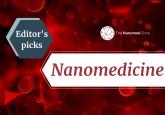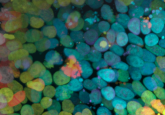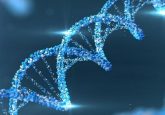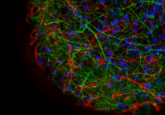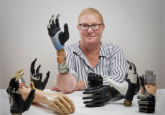Application Note: The critical role of growth factors and cytokines in the development of iPSC-derived hepatic organoids
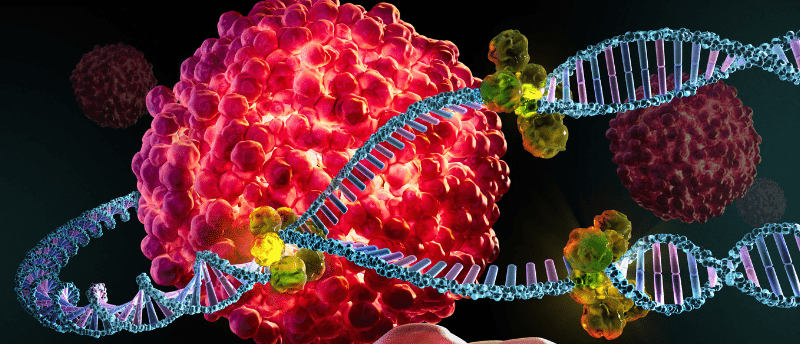
Induced pluripotent stem cells (iPSCs) are a flexible source of tissue models for drug discovery, cancer research and disease modeling; however, differentiation of iPSCs into somatic tissues requires specific conditions dependent on the desired tissue type.
In this Application Note, Sartorius differentiated human iPSCs into hepatic organoids using three distinct media types with growth factor and cytokine supplementation at key stages of differentiation, demonstrating a simple and robust method for producing unlimited hepatic organoids for drug discovery and toxicity studies.
Since they were first generated in 2006, iPSCs have become an integral part of laboratory and clinical in vitro research. iPSCs are derived from somatic cells that have undergone a ‘reprogramming’ process to revert the differentiated cell into a pluripotent stem cell. The pluripotent nature of these cells enables the creation of many different tissue types, providing a model for multiple diseases, including genetic disorders, infectious diseases and cancer. This has huge potential in the field of personalized medicine as somatic cells can be taken from a patient and differentiated to produce a tissue specific to the individual.
Click here to discover more.
This content was provided by
